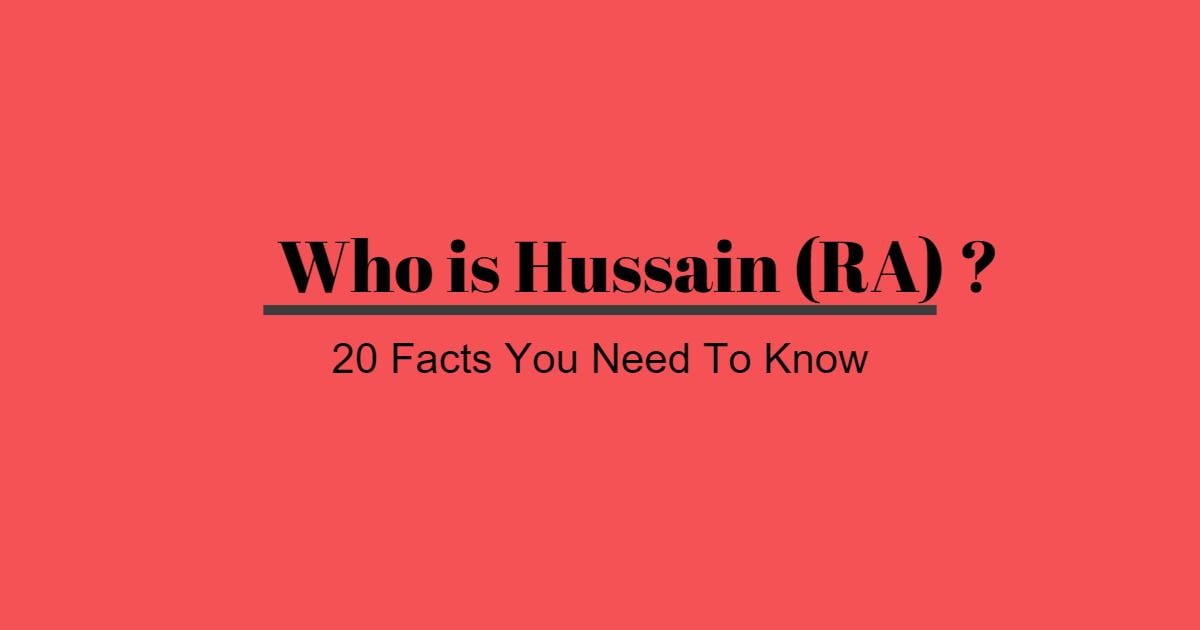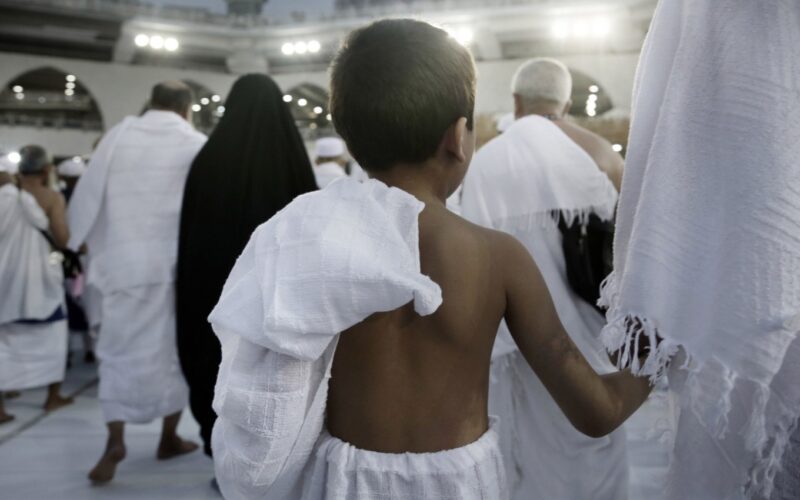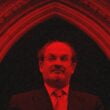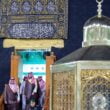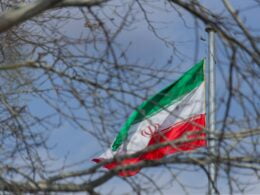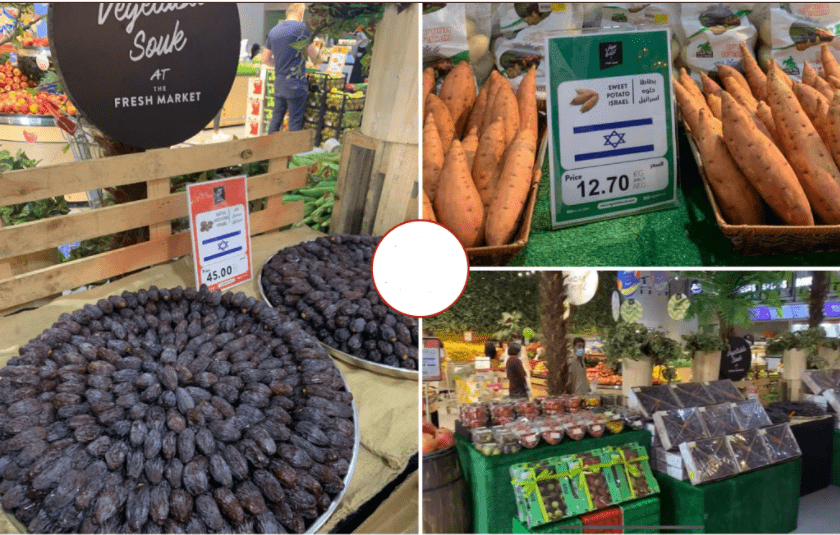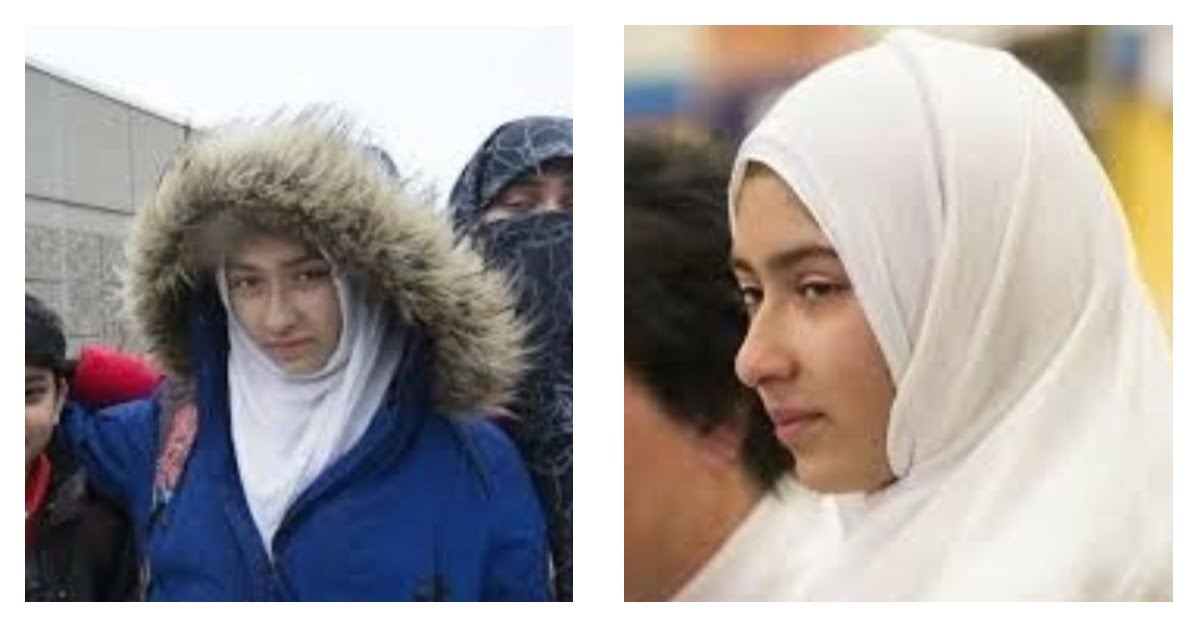The Kingdom of Saudi Arabia has opened the implementation of Umrah 1444 H as widely as possible for all Muslims around the world. Saudi authorities marked the start of the Umrah season by removing the age limit for children to enter the Two Holy Mosques. This means that children can accompany their families to pray or perform Umrah at the Masjid al-Haram in Makkah.
The good news was announced by the Ministry of Hajj and Umrah on Saturday confirming that now parents can bring their children into the holy mosque. However, the Ministry noted that children over 5 years old must first obtain permits through the Eatmarna application, while children under 5 years old are free to enter the holy mosque without requiring an entry permit.
Previously Saudi Arabia also announced that people who entered the Kingdom using a visa other than Umrah, including those holding tourist visas, could now also perform Umrah in the Kingdom.
The Ministry of Hajj and Umrah said that the decision, which came into effect on July 30, is aimed at enriching the cultural and religious experience of the pilgrims.
Visitors who are eligible for an arrival visa or e-visa and holders of US, UK, or Schengen visas are also included. Even a 24-hour transit visa can also perform Umrah by booking in advance on the Tawakkalna or Eatmarna applications.
Assistant Deputy Minister of Hajj for Pilgrimage and Umrah Services, Hisham Bin Abdel Moneim Saeed emphasized that the Tawakkalna and Eatmarna applications will still apply to every pilgrim who wants to get permits to perform Umrah, as well as permit to enter Al-Rawdah Sharifa at Masjid an-Nabawi in Medina.
Saeed added that the two applications are needed to facilitate organizational processes and to monitor the extent of absorption, in addition to improving the digital experience of pilgrims.
In addition, the Saudi Arabian government has also allowed people who have not received the vaccine against COVID-19 or who have not completed the full dose to perform Umrah and enter the two Holy Mosques on the condition that they are not infected with the coronavirus or have had contact with a confirmed person infected with the virus.
Subscribe to our channels on WhatsApp, Google News, Facebook and Instagram.Discover more from The Islamic Information
Subscribe to get the latest posts sent to your email.



